How to Become a Digital Marketing Manager: Career Path and Salary Insights
How to Become a Digital Marketing Manager: Career Path and Salary Insights , Are you interested in a career in digital marketing? With technology continuously reshaping how businesses connect with audiences, digital marketing has become a key player in the business world.
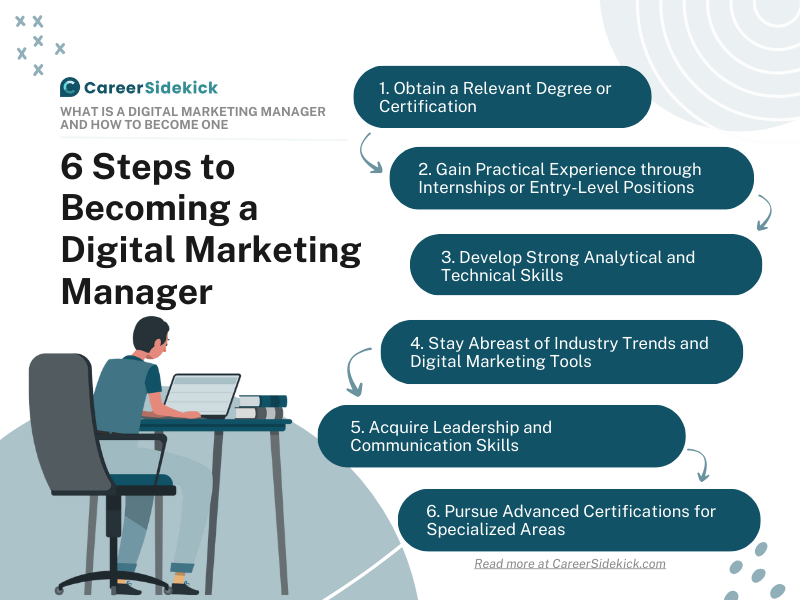
If you’ve got a passion for strategy, analytics, and creativity, a role as a Digital Marketing Manager might be perfect for you. Here, we’ll explore the career path, skills needed, and salary expectations for this dynamic field.
Table of Contents
In today’s digital age, businesses rely heavily on digital marketing to reach their audiences. With the rapid growth of online platforms, companies need professionals who can navigate digital channels, understand analytics, and lead marketing campaigns. If you’re curious about how to become a Digital Marketing Manager, here’s your guide.
What is a Digital Marketing Manager?
A Digital Marketing Manager is a professional responsible for planning, executing, and overseeing digital marketing campaigns.
More info
They drive online engagement through channels like social media, email, content, and paid advertising. This role is essential in helping brands connect with their target audiences.
Skills Required to Become a Digital Marketing Manager
To succeed as a Digital Marketing Manager, you need a mix of soft and technical skills. Soft skills include communication, creativity, problem-solving, and strategic thinking.
Technical skills involve search engine optimization (SEO), data analytics, and content creation. These skills enable you to craft effective marketing strategies that drive results.
Educational Requirements
Most Digital Marketing Managers have a bachelor’s degree in fields like marketing, business, or communications. However, related fields such as psychology and computer science can also provide valuable insights. Certifications, like Google Analytics and HubSpot, offer specialized training and boost your marketability.
Gain Hands-On Experience
Getting real-world experience is key. Starting in entry-level positions, internships, or part-time roles will expose you to the various aspects of digital marketing. Positions like social media assistant, content creator, or SEO analyst are ideal for beginners.
Building a Strong Portfolio
Your portfolio should demonstrate your marketing skills and results. Include examples of your work on social media, email campaigns, or SEO projects. Highlight your contributions to successful campaigns, metrics improved, and the skills you used to achieve these outcomes.
Specializations in Digital Marketing
Digital marketing has many areas you can specialize in, such as social media, email marketing, or pay-per-click (PPC) advertising. Choosing a specialization can make you more competitive in the job market and aligns your expertise with industry demands.
Networking in the Digital Marketing Field
Networking is crucial. Attend marketing events, join industry groups, and engage with others on platforms like LinkedIn. Networking can help you discover job opportunities, learn about trends, and connect with professionals in the field.
Career Progression
Starting from roles like Marketing Assistant or SEO Specialist, you can progress to Digital Marketing Manager with experience and proven results. Each role enhances your skills and prepares you for advanced responsibilities.
Certifications to Boost Your Career
Certifications from platforms like Google, Facebook, and HubSpot are widely recognized in the industry. These courses cover critical topics, making your resume stand out and showing employers you’re committed to the field.
Salary Expectations for Digital Marketing Managers
Digital Marketing Managers can expect to earn competitive salaries, depending on their location, experience, and expertise. In the U.S., the average salary is around $75,000 annually, but this varies widely with location and demand.
Working Freelance vs. Full-Time Employment
Some Digital Marketing Managers work freelance, while others prefer full-time roles. Freelancing offers flexibility but may lack the stability of full-time employment. Each path has its advantages and is worth considering based on your goals.
Trends in the Digital Marketing Industry
Keeping up with trends is important. With the rise of artificial intelligence, voice search, and video content, digital marketing continues to evolve. Being aware of these trends can give you an edge in strategy planning and job opportunities.
Challenges in the Digital Marketing Manager Role
Digital Marketing Managers face challenges like balancing creativity with data analysis. They must adapt to changing algorithms and manage multiple channels. Developing resilience and adaptability helps overcome these challenges.
Conclusion
A career in digital marketing is both rewarding and dynamic. It offers a blend of creativity, strategy, and analytical work. With the right skills, education, and experience, becoming a Digital Marketing Manager is achievable. Now is an excellent time to start your journey in this ever-growing field.
FAQs
What qualifications are needed to become a Digital Marketing Manager?
A bachelor’s degree in marketing, business, or a related field is common, along with certifications like Google Analytics.
How much do Digital Marketing Managers make?
Salaries vary but average around $75,000 annually in the U.S., depending on experience and location.
Is experience necessary to get into digital marketing?
Yes, internships and entry-level roles help gain hands-on experience.
What skills are essential for a Digital Marketing Manager?
Skills like SEO, data analysis, content marketing, and strong communication are vital.
Can I work freelance as a Digital Marketing Manager?
Yes, many Digital Marketing Managers work freelance, offering flexibility and independence.
Thank you 24
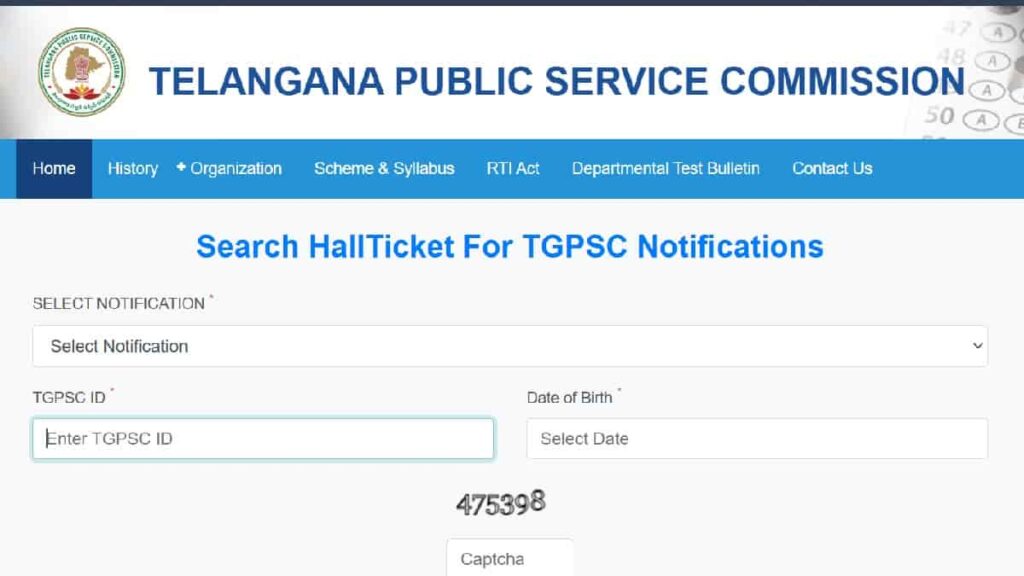
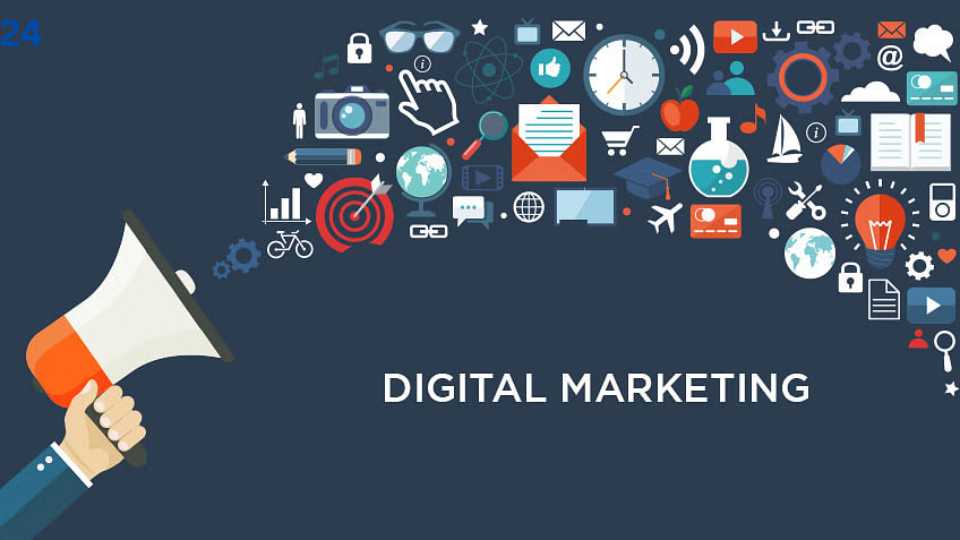

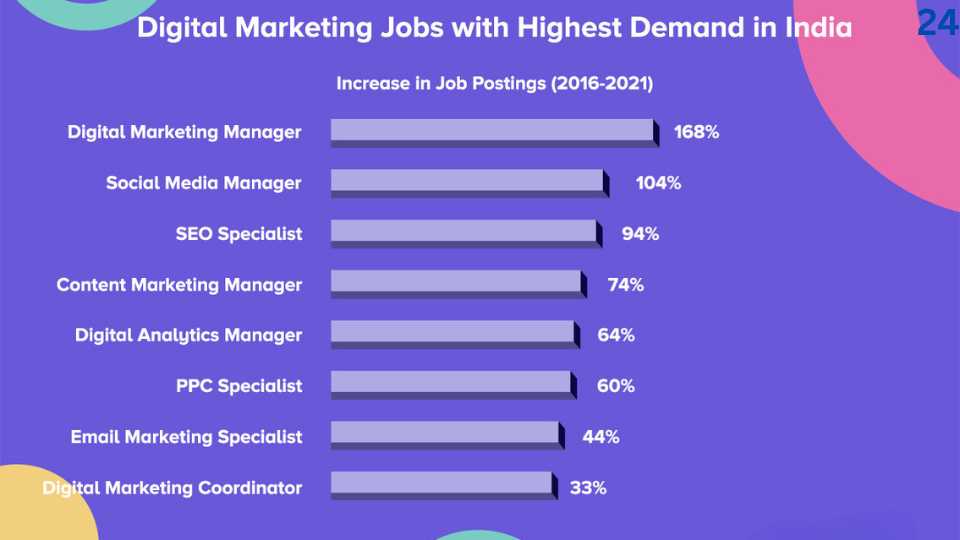
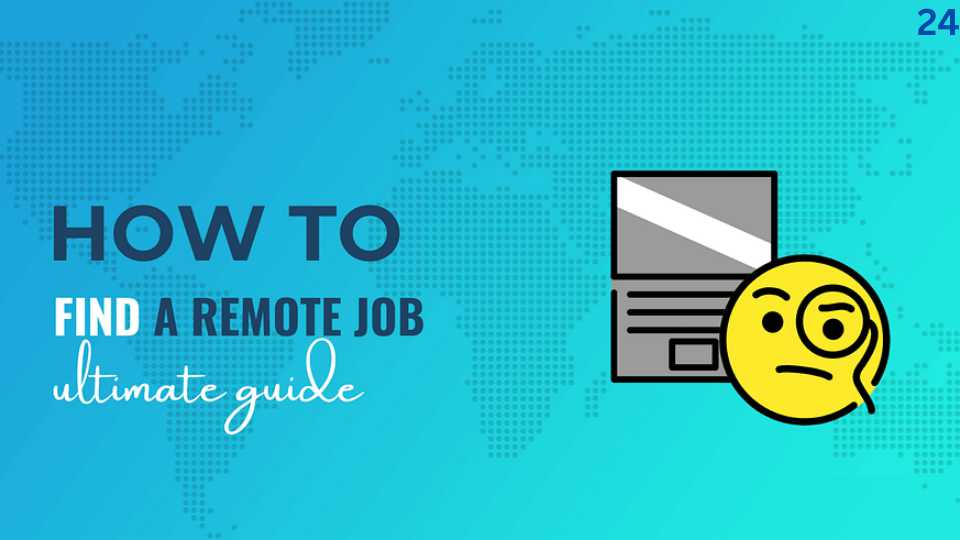
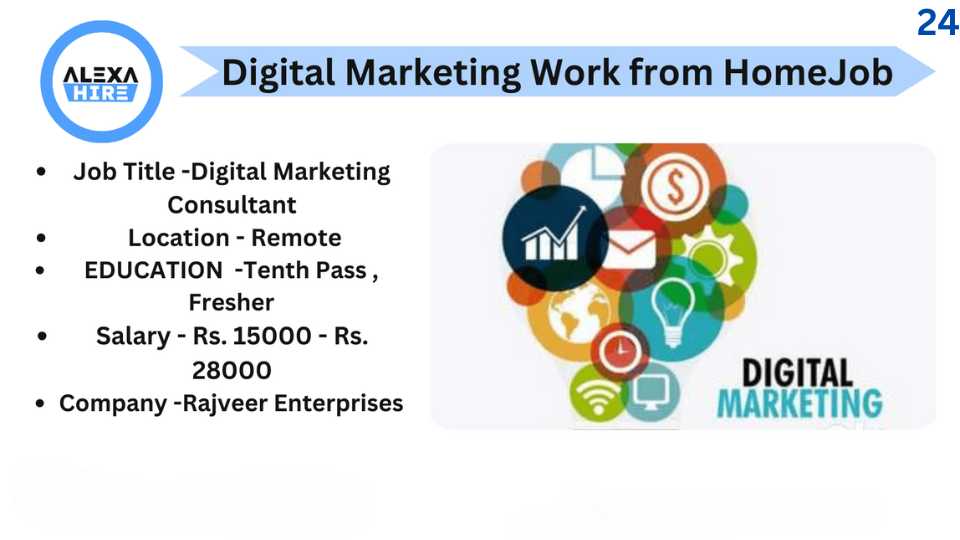
1 thought on “How to Become a Digital Marketing Manager: Career Path and Salary Insights 24”